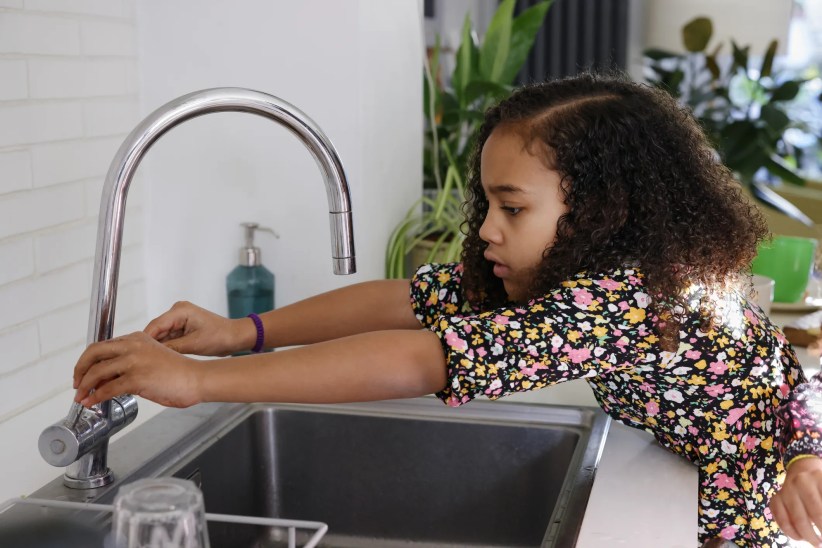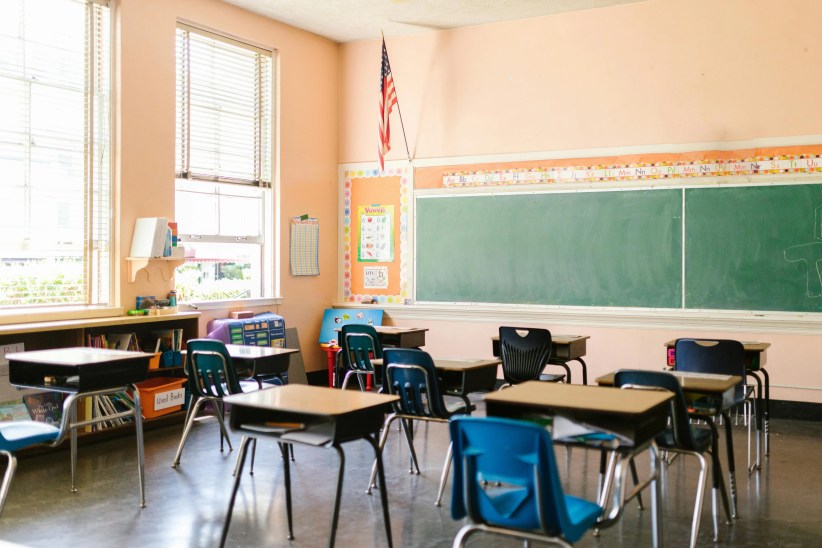Donate your time or money to these BBB Accredited Charities to help the victims of tornado disaster in Moore, Oklahoma, and also get tips on how to make sure your donations will be used.
 In the last few days, powerful thunderstorms spawned a multi-state outbreak of destructive tornadoes, including a monster twister that devastated Moore, Oklahoma. Donors are eager to help victims recover from these tornado disasters. But before making a donation to a relief charity, be sure the organization is reliable and capable of providing appropriate assistance.
In the last few days, powerful thunderstorms spawned a multi-state outbreak of destructive tornadoes, including a monster twister that devastated Moore, Oklahoma. Donors are eager to help victims recover from these tornado disasters. But before making a donation to a relief charity, be sure the organization is reliable and capable of providing appropriate assistance.
“When speeding donations to the tornado victims, it’s a good idea to choose organizations that are well-established and experienced in providing relief,” says Metro New York BBB president and CEO Claire Rosenzweig. “New relief organizations popping up in the wake of a tornado disaster may be very well-intentioned, but may not be in a position to respond. And some might be scams.”
These BBB Accredited Charities have met all 20 BBB Standards for Charity Accountability in an independent review, and have indicated that they are responding or intend to respond to the tornado disasters with help:
BBB offers the following six tips on how to make sure that your donations will do the utmost to aid tornado victims and their families.
1. Be wary if you get spam emails or text messages requesting donations. It’s best not to respond to spam text messages and emails that claim to link to a relief organization.While some could be legitimate messages from friends, others might be scams or could expose your computer to malware. If you are seeking to give to a relief charity: choose an organization, check it out to be sure it’s legitimate, then go directly to the charity’s website or call them to donate.
It’s best not to respond to spam text messages and emails that claim to link to a relief organization.While some could be legitimate messages from friends, others might be scams or could expose your computer to malware. If you are seeking to give to a relief charity: choose an organization, check it out to be sure it’s legitimate, then go directly to the charity’s website or call them to donate.
2. Ask how your donation will be used.
Find out exactly how your donation will be used. Can it be applied specifically to disaster relief, or is the charity only able to accept general contributions? Be wary about charities claiming that 100 percent of donations will assist relief victims; in such cases, ask questions about exactly how the charity will use your donation and how it can prove such a claim. All charities have at least some fundraising and administrative costs, even if they are small or covered by other funding sources.
3. Find out if the charity has a presence or resources in affected areas.
Check to see whether the charity’s website clearly describes what they can do to address immediate needs. Watch out for charities that don’t already have resources capable of serving the disaster areas; they might not be able to provide helpful relief.
4. Is the charity is providing direct aid, or raising money for other groups?
Some charities may be raising money to pass along to other organizations. If so, you may want to consider “avoiding the middleman” and giving directly to charities that have a presence in the region or the resources to serve victims directly.
5. Gifts of clothing, food, or other in-kind donations are not always ideal.
In-kind drives for food and clothing might not be the quickest or best way to help those in need. Find out whether a charity soliciting in-kind donations really has the staff and infrastructure to be able to properly distribute such aid. Ask the charity about their transportation and distribution plans. Be wary if the charity is not experienced in disaster relief assistance.
6. BBB can help you evaluate a charity.
Go to give.org and ny.give.org to research charities and relief organizations to verify whether they are accredited by the BBB and meet the 20 BBB Standards for Charity Accountability.
For more tips you can trust, visit newyork.bbb.org, and sign up for weekly scam alerts at: https://cbbb.wufoo.com/forms/email-sign-up.



















